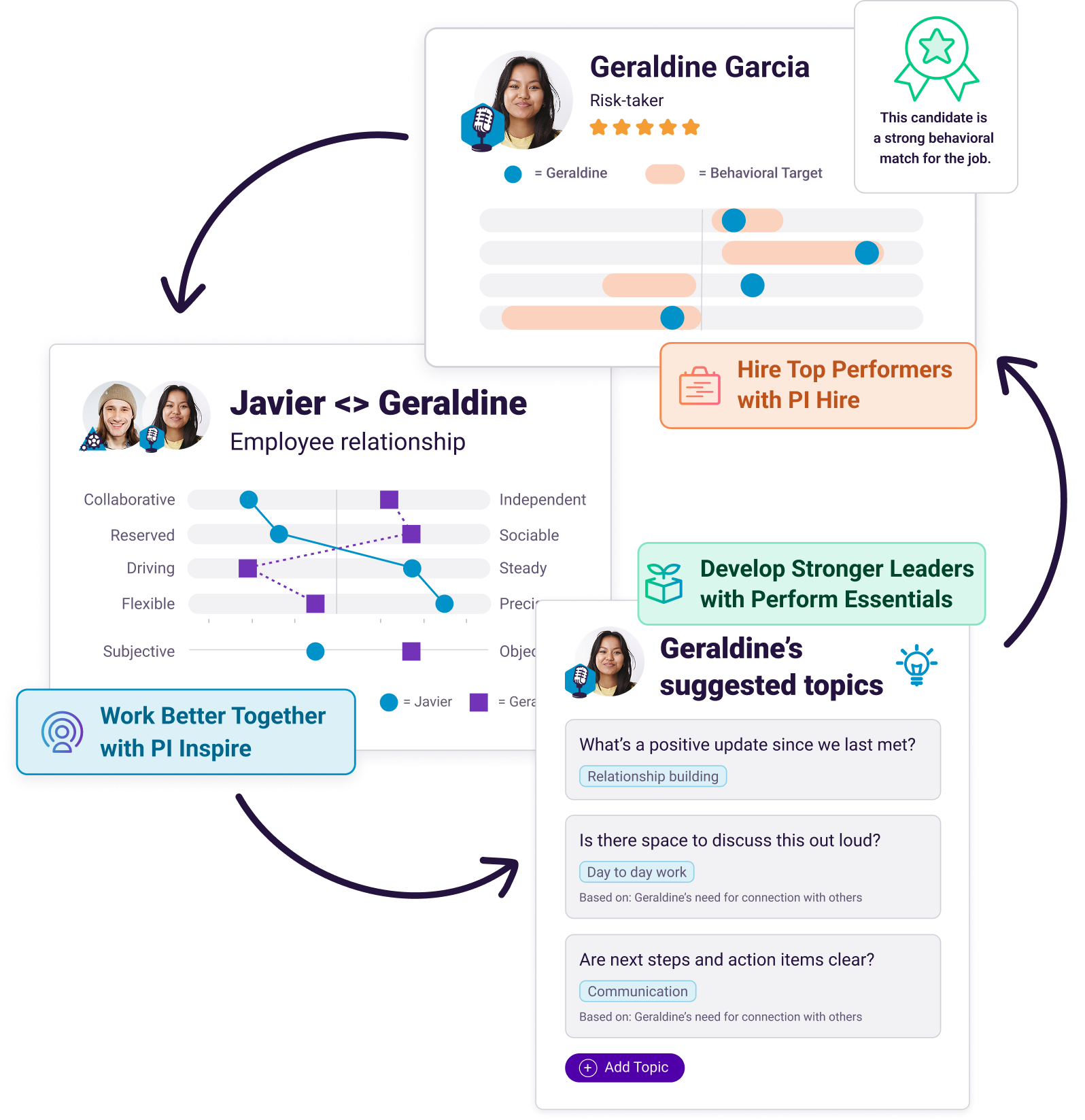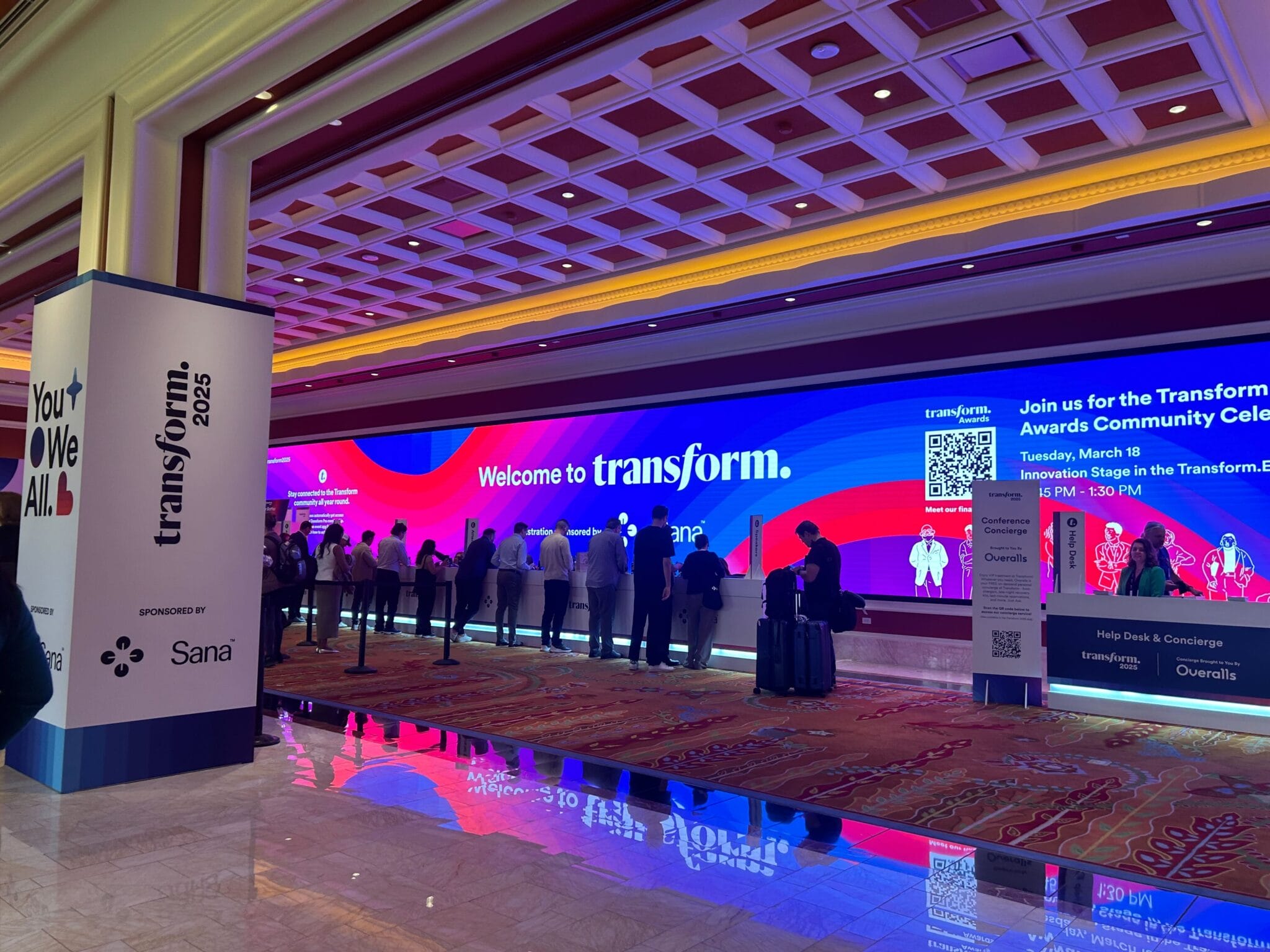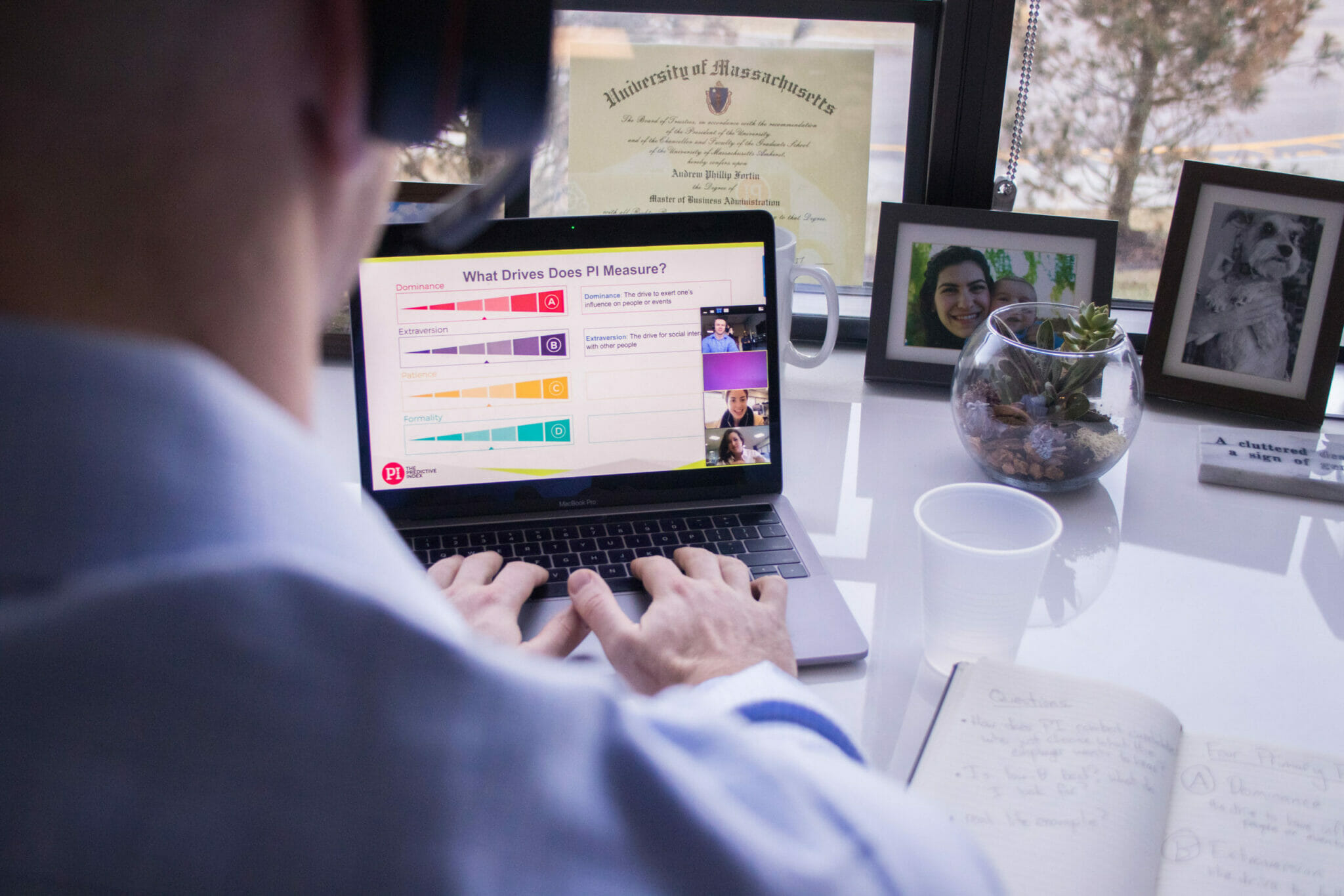By Greg Barnett, PhD
General cognitive ability is loosely defined as the capacity for a person to understand complex ideas, adapt effectively to the environment, learn from experience, engage in various forms of reasoning, and overcome obstacles through contemplation.
Within the psychometrics community, it is generally accepted that a single underlying factor of cognitive abilities exists, known as the general intelligence factor or, simply put, the ‘g’ factor. This factor of measurement is believed to correlate to measurements of more specific forms of cognitive abilities like reasoning, language, memory, visual perception, auditory perception, creativity and speed.
What do general cognitive assessments test for?
While it is possible to measure all of these factors separately, research suggests that a single measurement of ‘g’ provides a strong indication of performance in any specific ability. And since the measurement of ‘g’ is a strong indicator of how a person is likely to perform on more specific ability tests, it also indicates how well they will handle job-related cognitive tasks. This insight can come in pretty handy when you’re trying to source top talent to help set your business apart from its competitors.
General cognitive ability tests are used to assess a person’s learning ability and are among the best predictors of training success and job performance across all job levels and industries. People with higher scores on these tests tend to catch on quickly, figure things out on their own, and make sense of things in relatively short order. Basically, it means they are able to execute and perform while others are still learning. Those of us who have worked with individuals like this tend to stand in awe of their capabilities and secretly wish for a cloning machine.
What else can cognitive ability tests tell you?
In addition to learning ability, cognitive ability testing can also provide information about a person’s capacity to identify and solve problems, make short and long-term plans, think strategically, and adapt to changing demands or unexpected situations. All of these components increase a person’s likelihood of on-the-job success as they indicate they will excel at making decisions, solving problems, and incorporating different pieces of information together to identify obstacles and reach solutions.
Using general cognitive ability tests effectively
When paired with behavioral assessments, cognitive testing can help to increase your chances of predicting on-the-job performance and strengthen talent decisions by identifying people who have a propensity to learn quickly, figure things out, process complex information, and adapt to changing work demands. They can be used earlier in the selection process to help identify the best candidates for interviewing or given later in the process to help make decisions among similarly experienced candidates.
Solving for ‘g’ could be the factor that sets your company up for success!









